
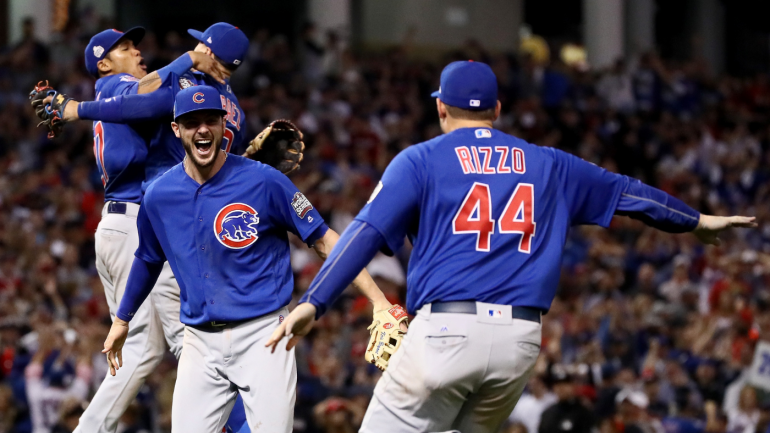
Kris Bryant has a degenerative back disease. Anthony Rizzo remains unsigned. Javier Báez is more often a punchline than highlight-reel player these days.
The 2016 Cubs fan in me can’t help but look at those three players and get a bit sad at how things unfolded after that championship. It isn’t just those three, either. And we’ll get to that.
The more overwhelming sentiment, however, is gratitude that it happened. Even skipping past my personal feelings as a Cubs fan regarding them finally winning it all, it’s so hard for Major League Baseball teams to win the World Series. The Brewers, Padres, Mariners, Rockies and Rays have never won one. Only six teams have won a title more recently than the Cubs. Even excluding the five teams to have never won it, nine others haven’t lifted a trophy in the 2000s.
So, yes, I’m grateful. There were times in my life I never thought I’d see one and I’m sure there are millions of fans out there who — deep in their heart of hearts — believe they’ll never see their favorite team win a(nother) World Series.
What’s notable, though, is how quickly things went downhill, especially from a group that looked like it would be relevant for a long time. A cautionary tale? Perhaps, though I wouldn’t phrase it that way. I would say that Cubs team is an example to follow in terms of not betting on the future and to always bet on the present. I’m always inclined to tell teams to go for it and quit worrying about holding onto prospects for dear life once in the championship window. The derogatory term would be “prospect hugging.”
Just look at Chicago’s young, position-player core in 2016:
- Anthony Rizzo was 26 and finished fourth in MVP voting for the second straight season.
- Kris Bryant was only 24 and won NL MVP in his second season.
- Addison Russell was 22. He hit 21 homers and drove home 95 runs while playing superb defense at shortstop. He also had several clutch home runs in the playoffs.
- Javier Báez was 23 and posted 2.7 WAR as a part-time utility man, flashing above-average defense, power and baserunning skills.
- Jorge Soler was only 24 and had monster power upside.
- Kyle Schwarber was 23 and though he missed nearly all of the regular season due to a torn ACL, he had already shown his talent as a significant difference-maker in the lineup.
- Willson Contreras only played in 76 games as a 24-year-old rookie, but he posted a 122 OPS+ and 1.7 WAR.
- Albert Almora was a bench player, but he was only 22 and appeared to have nice upside, to the point that he was once considered a top-20 prospect in baseball.
- Oh, and though he had already gotten a $184 million payday in free agency, Jason Heyward was only 26 years old in 2016.
If you only saw that group and the upside it possessed, knowing they were coming off a World Series championship, you’d probably believe they were on a run that would include another title or at least another trip or two to the World Series.
Keep in mind, the Cubs traded hot-shot prospect Gleyber Torres as part of a package to land a few months of closer Aroldis Chapman, who had plenty of baggage at the time. The other major prospect the Cubs had in the minors when they dealt Torres was Eloy Jiménez.
The message from the front office with that Torres/Chapman deal was pretty simple: We’re doing whatever we can to win the World Series this year, because we might never get another chance.
As it turns out, they did win the World Series and they didn’t get another great chance.
What happened? Most of the group saw a massive downturn in the ensuing years. The Cubs advanced to the NLCS in 2017 and won 95 games in 2018, though that was only good enough to make it to the Wild Card Game, which they lost. They missed the playoffs in 2019 and the team was dismantled by the 2021 trade deadline.
Let’s check back.
- Rizzo combined for an 88 OPS+ in 191 games in 2023-24. He’s still looking for a job in 2025 and he might be done. He’s 35.
- Bryant now has a degenerative back disease. He hasn’t been able to escape injury for a while. He signed a seven-year, $182 million deal with the Rockies before the 2022 season and he’s only played in 170 games for them, hitting .244/.324/.370 (84 OPS+).
- Russell immediately went downhill after 2016 and the domestic violence suspension really sped things along when it came the end of his MLB career. His last MLB game came when he was 25 years old.
- Báez has a six-year, $140 million deal with the Tigers and he’s either a bench player or part-time starter, depending upon how you define such things. He’s 32 and has one of the most untradeable contracts in baseball.
- Soler found his footing as a big-time power hitter with the Royals in 2019, his third year away from the Cubs. He’s had a very inconsistent career, but the highs have been pretty high. With the Cubs, though, they were few and far between.
- Schwarber was released by the Cubs after 2020. He’s since thrived as one of the better pure power hitters in baseball, averaging about 46 homers for every 162 games post-Cubs.
- Contreras was good with the Cubs for several years after 2016, much like Bryant, Rizzo, Schwarber and Báez. He’s now been moved to first base by the Cardinals and the smart money is on him never making the All-Star team again.
- Almora never panned out, topping out at 2.2 WAR in 2018 and ending up with a career 80 OPS+. He’s still with the Marlins organization in Triple-A, but he hasn’t played in the majors since 2022 at age 28.
- Heyward posted 9.1 WAR in his seven years with the Cubs, who released him before the eighth year on his contract. He’s now on his third team in the three years since.
It’s actually pretty remarkable how things came tumbling down. I think it’s fair to say only Báez and Contreras didn’t disappoint from the end of 2016 until their time with the Cubs came to an end. We could nitpick with Bryant, Rizzo and Schwarber, maybe, but “Bryzzo” certainly maxed out in 2016 and, given their ages, surely most people at the time thought there was more coming than we ended up seeing from them.
Is there any team that feels like it’s been in a similar situation in recent years?
The 2023-present Baltimore Orioles come to mind, as they so often do. They did trade a prospect package for one year of Corbin Burnes and I loved that move. It didn’t yield a title, but there’s a strong argument that they should’ve been more aggressive in loading up on short-term pitching fixes.
We could always find other examples through history, but this Orioles group could benefit from less clinging to prospects and more “win immediately” mentality from the front office. The building part of the rebuild is complete. Now it’s time to push things over the top. Holding back prospects for fear of emptying out the system chances winning zero championships in the window.
Who knows what would’ve happened if the Cubs decided they just couldn’t part with Torres and instead left the end of the game to Hector Rondon? We do know they made the move and won the championship. That’s permanent. Flags fly forever. It should be noted that, though Chapman was cooked by Game 7, the Cubs lose the series in five games if not for his 2 ⅔ inning save in Game 5.
The broader point?
Success as a team is incredibly hard to come by and can be fleeting, even when it looks like it might be an extended run of greatness. More front offices should err on the side of trying to win immediately rather than clinging to hope that the farm system is the savior five years down the road.
This news was originally published on this post .




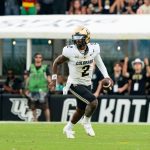
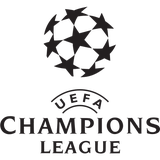

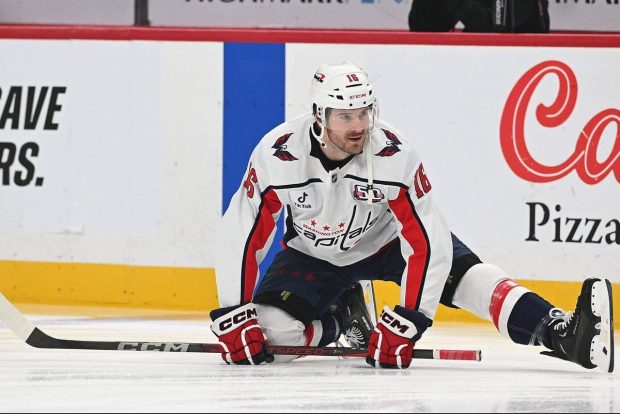
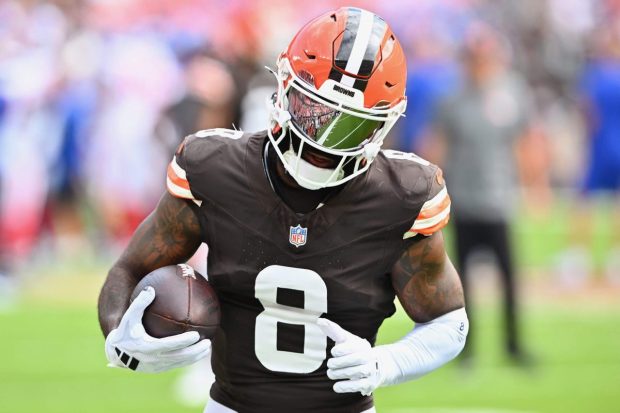
Be the first to leave a comment